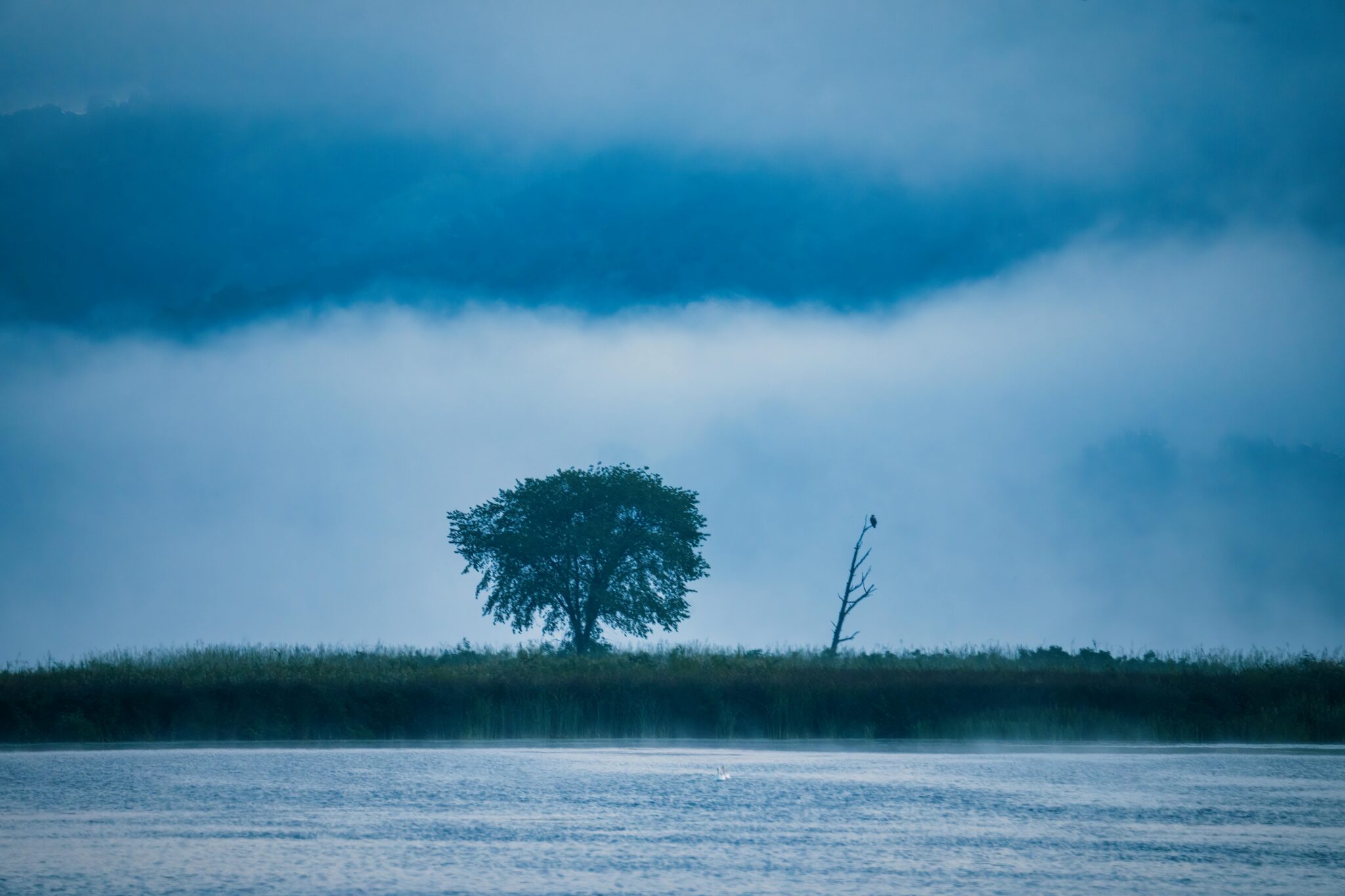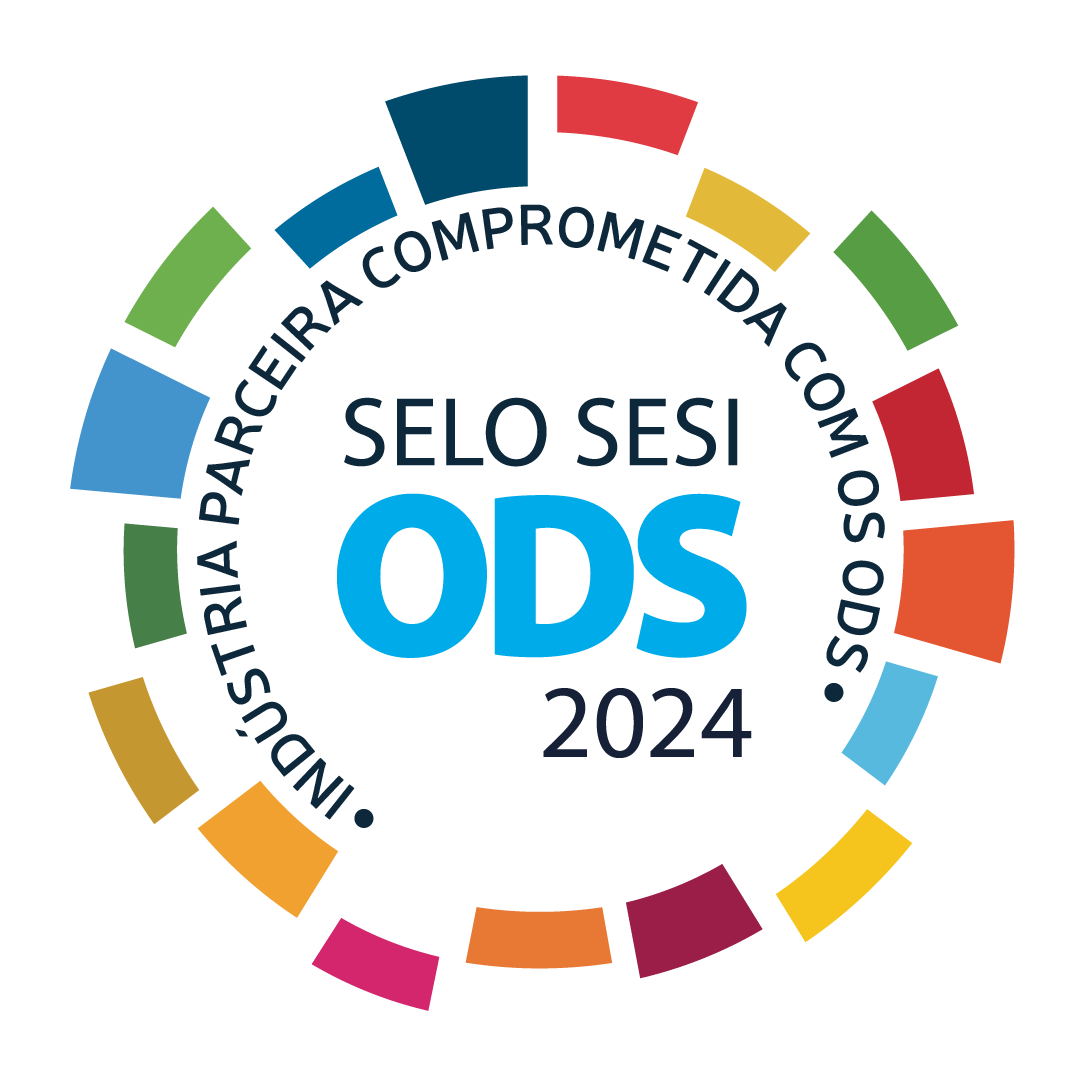
The universal comments to break the silence in the beginning of conversations are about the weather: - What a heat, huh? It’s cold, right! What a rain! In times of virtual conversations and thanks to our language, the adaptation for conversation is: - How’s the weather there? Always referring to the weather. Depending on who your interlocutor is, this preamble of amenities will automatically run to the entry to the main subject of your meeting. But if you live with researchers, scientists, activists and people who are minimally engaged in climate issues, you have been avoiding this question for some time. Since it is impossible to comment on the heat, cold or rain without getting into climate anxiety in 1 minute. The awareness that current weather events are the result of centuries of exploitation and pollution of our habitat without the slightest care or concern in conserving it so that it resists human action.
The transformation of our economic model through the main modes of production and consumption must be the first step to face seriously the climate crisis that is approaching. However, transformation takes time. And seeing several extreme weather events spread across our planet, we need to ask ourselves if we still have that time. Perhaps the need is for a radical change (that which takes place at the root) with effective international and regional treaties, providing fines for countries that do not carefully control their industrial and agricultural production.
"The big difference that exists between the thinking of the indigenous and the thinking of the white people, is that the whites think that the environment is a 'natural resource', as if it were a warehouse where you go and take things out, take things out, take things out. Pro thought of the indigenous, if there is any place where you can pass through it, it is a place that you have to tread on it gently, walk carefully in it, because it is full of other presences." (Ailton Krenak). The notion of existing on this planet as an inhabitant that Krenak reminds us is the same sense of collectivity we need to claim from the public and private sectors of global economies and policies. But it is also the sense of collectivity that we must ask ourselves if we are exercising in the time we have. Not in the time of our lives, in the years that we have come here and in our day-to-day time. You, it’s you! Can you say that you are "stepping softly" in our habitat?
Fabiana Muranaka



